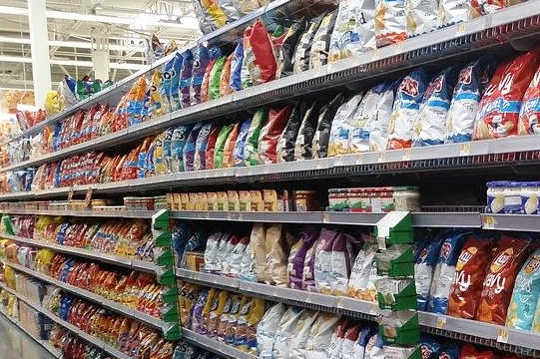
Dieters looking for a healthier substitute of their favorite high-fat food – such as a bag of potato chips – typically have two choices in the grocery aisle: a smaller package of the exact same food or a larger portion of a “light” version.
- By Duane Mellor
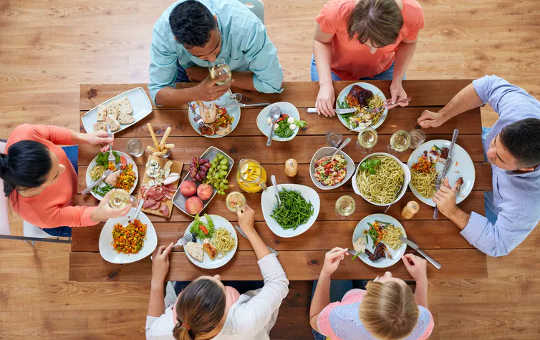
While there are many debates about which type of diet is best for weight loss and health, it’s often not the weight loss which is the biggest challenge, but rather avoiding weight regain afterwards.
- By Paul Jenkins

As the coronavirus pandemic has spread, a growing number of people have been negatively affected not so much by the virus itself as by the response to it.
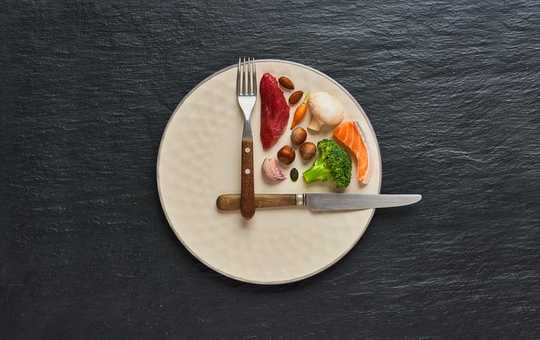
Intermittent fasting is a way of losing weight that favours flexibility over calorie counting.
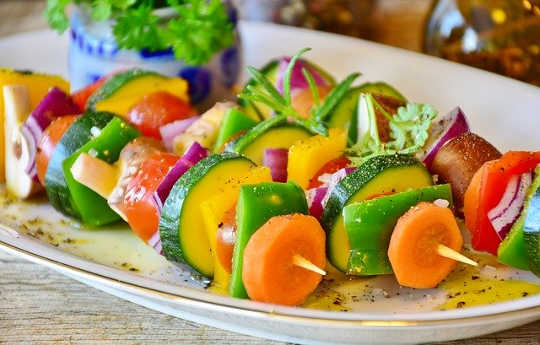
Americans seem constantly to be on diets -- grapefruit diets, cabbage diets, low-carb diets, high-protein diets, raw food diets, you name it. The elusive goal of these many plans is weight loss. Yet we have the fattest society ever...

Fasting is an art. By creating space in your body, it will help create space in your life for the things you want, including loving relationships, a disease-free body, and prosperity in line with your highest ideals.
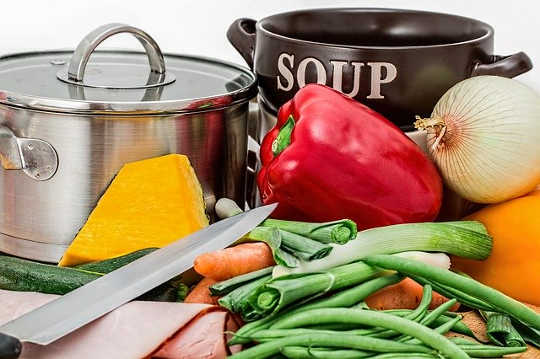
Each day that you choose to eat healthfully and simply— selecting whole, unprocessed foods from the earth and balancing your foods—know that you are building a new foundation for yourself. At first, this foundation may feel wobbly, as it is new to you, but every time you make the choice to follow through...

More and more health professionals are encouraging consumers to cut back on fat, and vegetarian meals are finding a welcome place in the lives of more Americans. This does not mean that all Americans are becoming vegetarians, but many are now eating meatless meals at least several times a week.
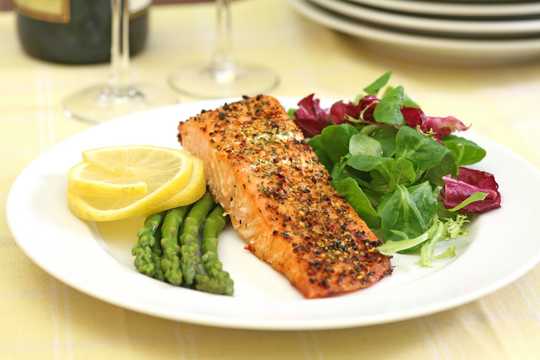
A low carb diet may prevent or even reverse the effects of aging in the brain, researchers report.
- By Paul O'Toole
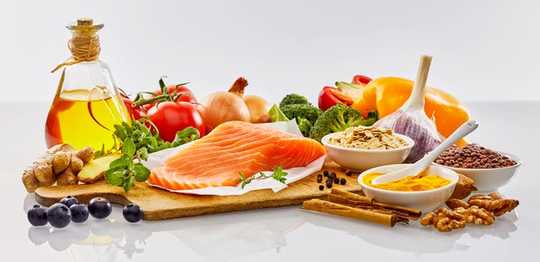
As our global population is projected to live longer than ever before, it’s important that we find ways of helping people live healthier for longer.
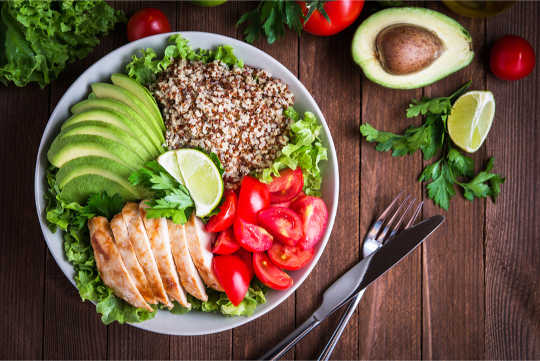
We are being cheated nutritionally. Food constitutes a six-part gift, but all we're hearing about is one thing. But this skewed perspective, focusing solely on the physiological aspects of food, has become the norm. I call our one-sided, limited view the Dark Ages of nutrition.
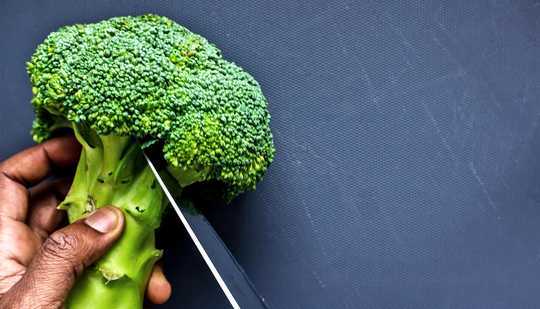
A natural compound in many vegetables called indole may fight fatty liver disease, researchers report.

In our survey of yogurts, we found that less than 10% were low sugar – almost none of which were children’s yogurts.
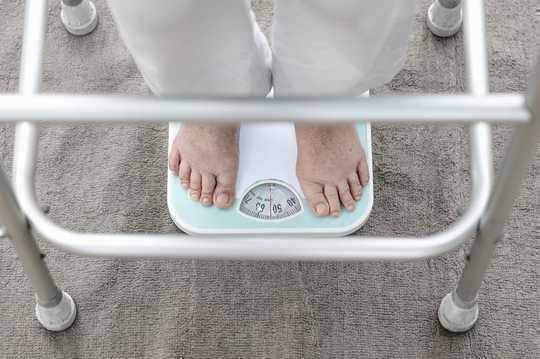
While the obesity crisis is still considered the foremost public health epidemic in the west, one often overlooked condition is quickly becoming a growing concern.

Chronic constipation is incredibly common. Around one in four people worldwide report symptoms, while in Australia and New Zealand, it’s around one in seven.
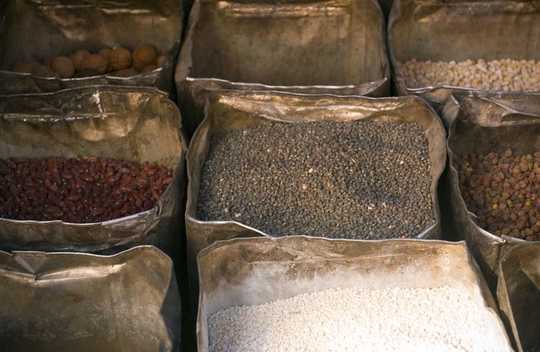
Six out of ten Australians don’t eat enough fibre, and even more don’t get the right combination of fibres.
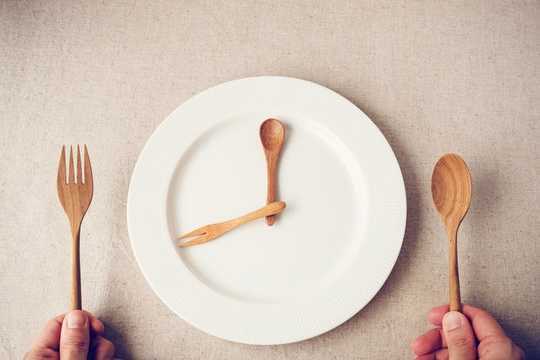
Silicon Valley’s newest fad is dopamine fasting, or temporarily abstaining from “addictive” activities such as social media, music, internet gaming – even food.
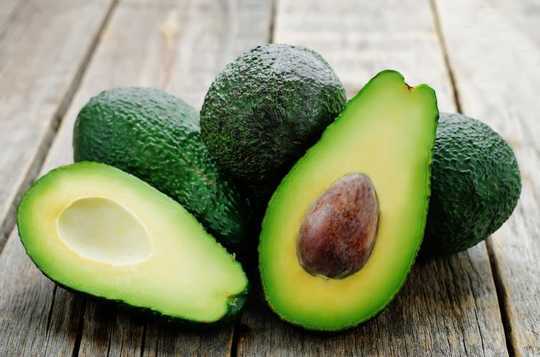
Vegans avoid animal products. For strict vegans this means avoiding honey because of the exploitation of bees. That seems to imply that vegans should also avoid vegetables like avocados that involve exploiting bees in their production.
- By Gregor Reid
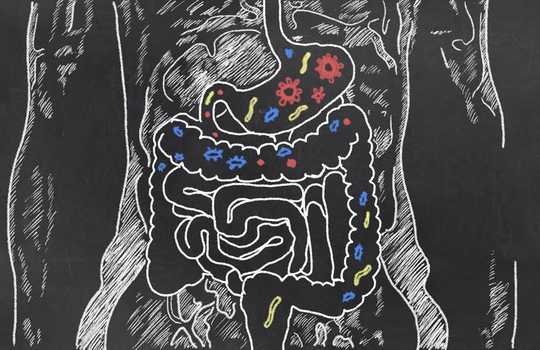
Probiotics are live microorganisms, usually bacteria, that can be consumed to offer health benefits.

You’re reading this with a cup of coffee in your hand, aren’t you? Coffee is the most popular drink in many parts of the world.
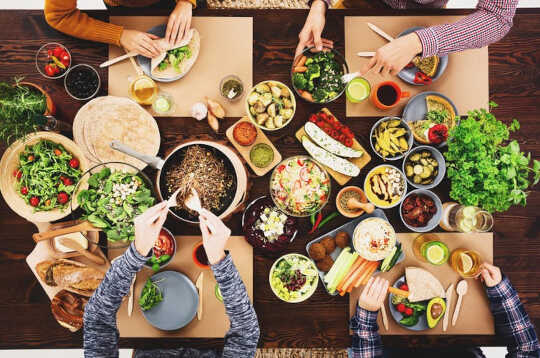
The word “vegan” was invented in 1944 in Leicester, England by Donald Watson and his future wife Dorothy Morgan. That year, Watson and others founded The Vegan Society. Research into the society’s early publications shows that their key focus was arguing for an end to animal exploitation.

Debaucherous evening last night? You’re probably dealing with veisalgia right now.
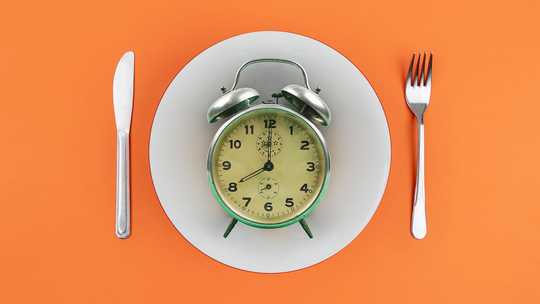
Current scientific evidence supports claims made for intermittent fasting, according to a new review.















